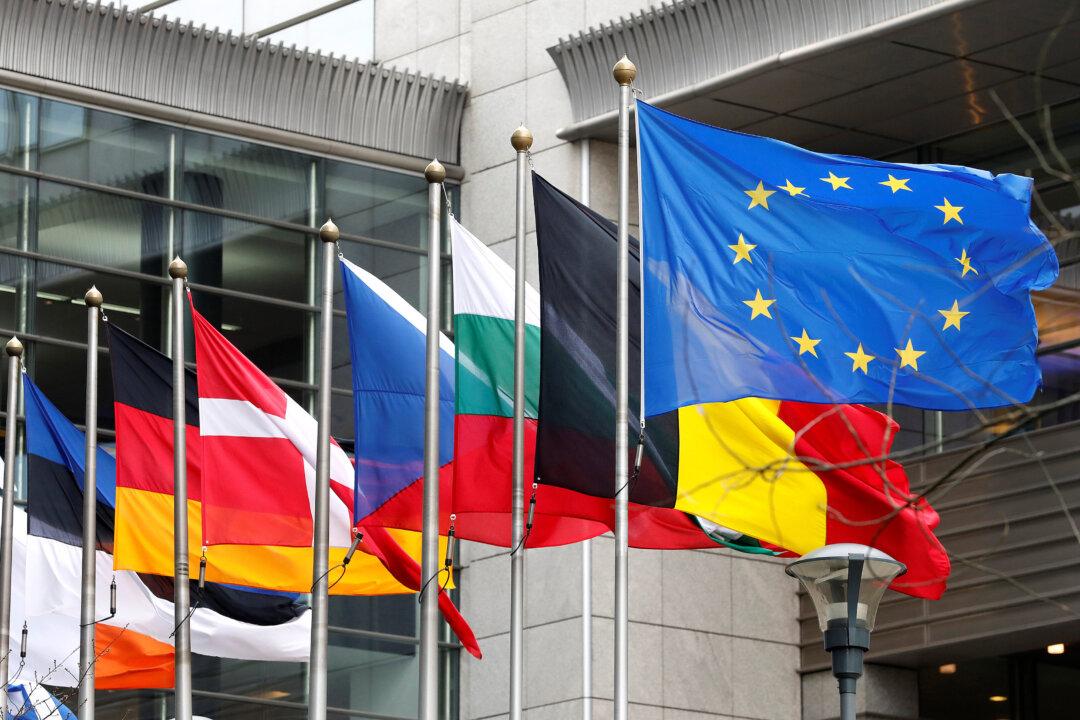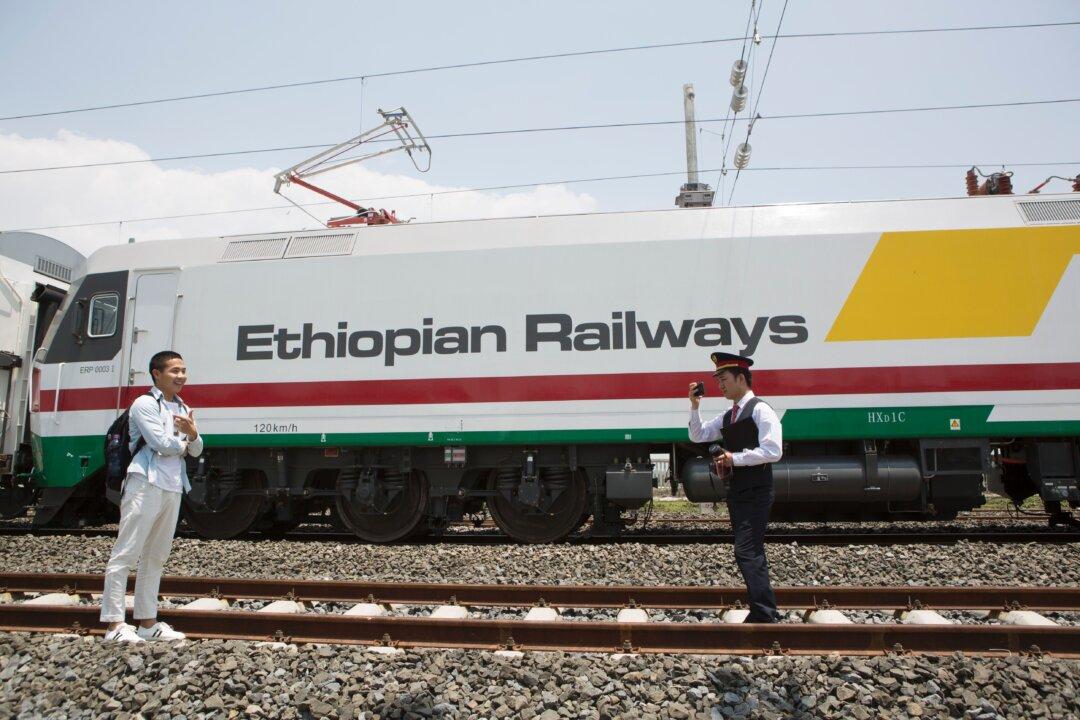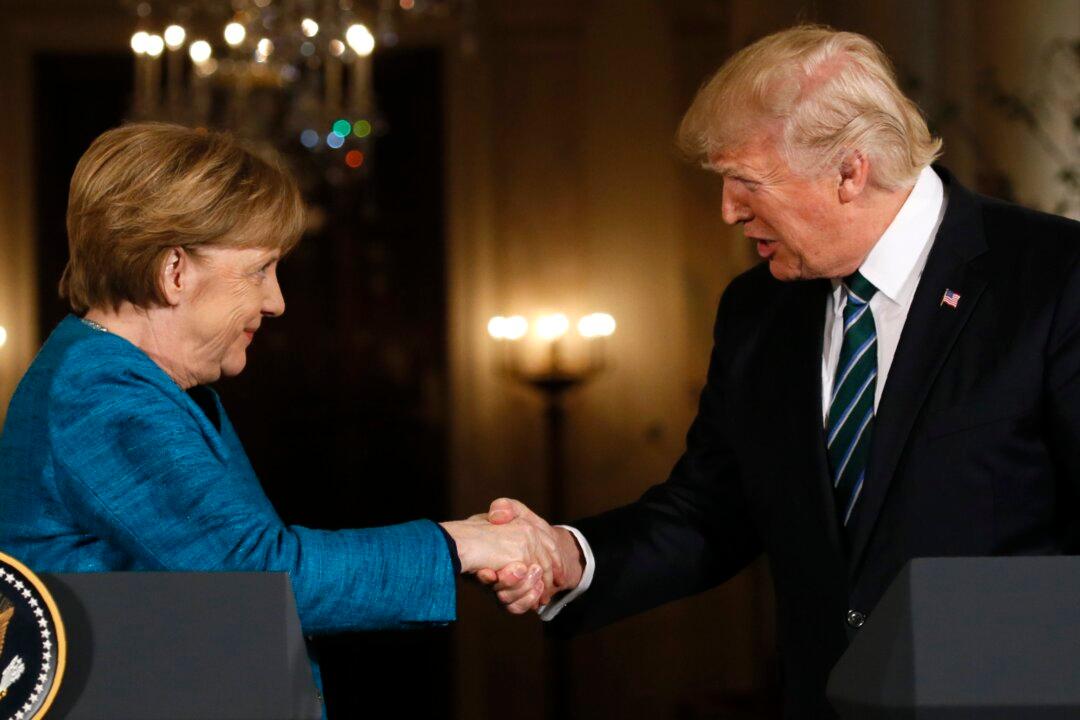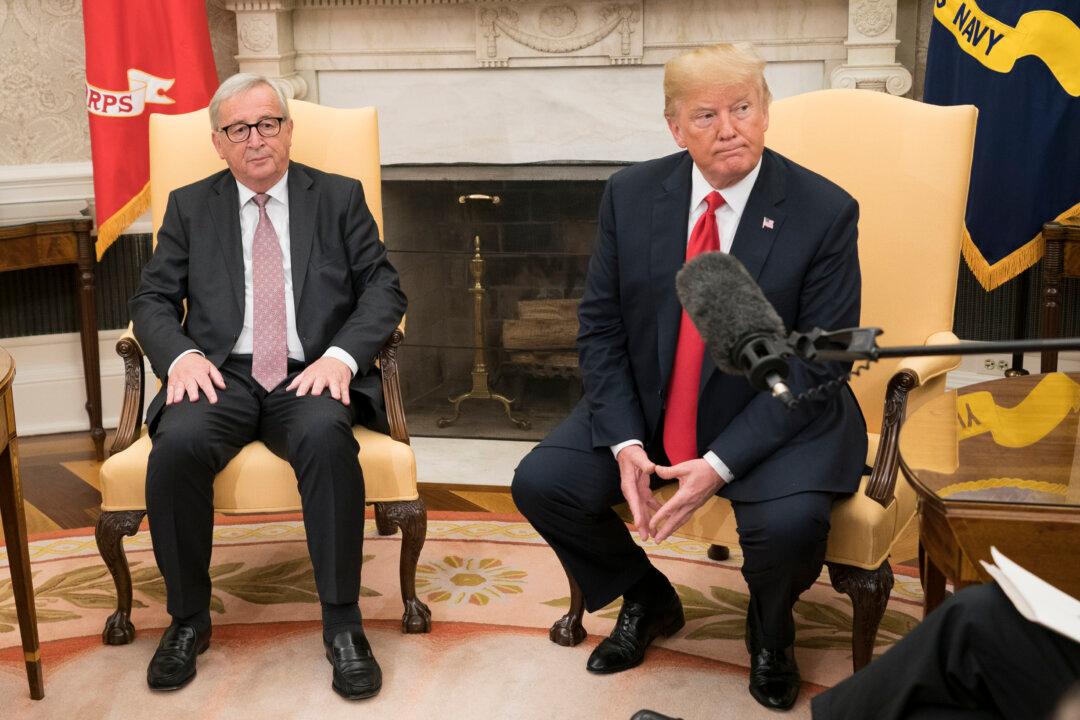The original objective of the European Economic Community in 1957 was to peacefully integrate Europe through the creation of a continent-wide free market. The process of expanding the common market and eliminating barriers was extremely rewarding for the six founding members: France, Germany, Italy, and the Benelux countries (Belgium, the Netherlands, and Luxembourg).
The French-German friendship, cultivated after centuries of wars, and the renaissance of the European spirit after nearly 200 years of nationalism, were the first great successes of that process. Gradually, more European countries joined the six pioneers.





